Whyever you watch The Game Awards, 2024’s ceremony was up there with the best of them. There was a wider range of winners than recent years have allowed for, and a lot of races that were too tough to call until the envelope was opened. The reveals were consistent and featured some shocks, some heavy hitters, and some shocking heavy hitters. It even tried to address concerns regarding the show, albeit often via corporate-approved Muppet jabs that felt less like an apology and more like getting in front of bad press.
And yet, there was meaningful change this year. Winners were given longer to deliver their speeches, even if many of the awards were still rushed through without much grace. Swen Vincke, presenting Game of the Year, got longer this year than he did last year when Baldur’s Gate 3 actually won, and used that time effectively – both to get some shots in about last year’s fairly rude treatment of the team, but also to implore studios to allow games to be born of creativity and art, not market share demographics or audience retention pie charts. Most importantly though, there was Amir Satvat.
Game Changer Needs To Be Given Importance Every Year
When the ceremony paused for a VT on Satvat, who was given the inaugural Game Changer award for his work helping laid off devs find new opportunities, I admit I rolled my eyes. It seemed as though The Game Awards was using him to replace Future Class, which celebrated a wide range of gifted people in gaming and who showcased a range of opinions through the power of collective bargaining (last year the Future Class wrote an open letter to Keighley imploring him to address issues inside and outside of gaming, including the request to mention Palestine in the show, which was ignored). One person, handpicked to be non-controversial and to keep the messaging on gaming itself, looked designed to be a compromise.
The Game Awards has not earned the benefit of my doubt. As the uplifting footage began, I was cynical. To viewers less of a mind to scrutinise, this may have been a fair trade for Future Class, or they may not even have drawn that link at all and simply thought Satvat was a nice man. But my initial thought was that this new award, Game Changer, was a way to still get the do-gooder kudos of Future Class with a greater ability to screen candidates for thorny troublemakers, and make them stand alone rather than with the voice of a crowd.
This mindset was not helped by the fact that, earlier in the show, The Game Awards had highlighted a former triple-A developer now on the indie mobile scene with TreesPlease Games. The inspiring speech about making an environmental difference turned out to be a pseudo-commercial for Longleaf Valley, a decidedly uninspiring merge match game. I’m sure the company does good work, and environmental causes are obviously important at this juncture in our planet, but this game seemed frankly beneath the level of creativity and artistic value that The Game Awards should highlight. I assumed Game Changer was a similarly milquetoast moment for the show, designed to look like saying something while actually saying nothing. Then Satvat got up on stage.
Amir Satvat’s Speech Is What The Game Awards Should Be About
I was surprised he was on stage at all. When the award was Future Class, it included a sizzle reel for a couple of the most famous names who made the cut, then the rest of the names could be found buried in links on The Game Awards’ website. Yet in a show packed with elongated, blockbuster trailers, and with more time dedicated to winners of the game-based awards, the show still allowed him to talk at length, and it became my highlight of the ceremony.
He didn’t say anything particularly earth-shattering. Vincke’s dismissal of profit-first thinking was far sharper. But this was raw, emotional. He teared up. He spoke from the heart. This is what award shows are about. You like me, you actually like me! It’s very cool that Okami is coming back, Intergalactic looks great, The Witcher 4 is obviously a headliner. But at its core, The Game Awards is an awards show, and I want to see more of the human element behind the spectacle.
“I love video games with all my heart,” Satvat said. “To all game makers everywhere, you are seen and treasured and our community will always be there to help you.” He thanked his parents, and teared up. Often, the few chosen to give speeches at The Game Awards are big name devs used to the spotlight, and they speak like a promoter. It’s the indie devs (who rarely get the chance anyway) and the actors (for whom there is a single award) where the gratitude and emotion comes from. Satvat offered the show a much-needed dose of nervous, overwhelmed gratitude. That is what award shows are made of.
Satvat’s speech reminded me of my favourite speech from The Game Awards, when That Dragon, Cancer won in 2016 for Games for Impact. To highlight my point about the ceremony losing its personalisation, this is no longer an award that is given the opportunity for speeches, despite often being the most varied category with the most interesting stories behind it. That Dragon, Cancer’s tearful speech was delivered by designer Ryan Green, whose wife Amy wrote the game, and eulogised their young son whose passing from cancer inspired them to make the game to remember him. How many moments like this have we lost down the years so we could hear that code GrubHubTGA gets you a free Coke with any medium pizza?
Few people will be discussing Satvat’s speech in the aftermath. It’s not a water cooler moment like Elden Ring’s co-op spin off. But moments like that are The Game Awards. It might not be why it gets 100 million viewers, it might not get the headlines, it doesn’t make the show into a profitable behemoth. But all of that is built on the backs of people making things we love. It felt like 2024’s show understood that more than usual, and that’s what I’ll remember it for.
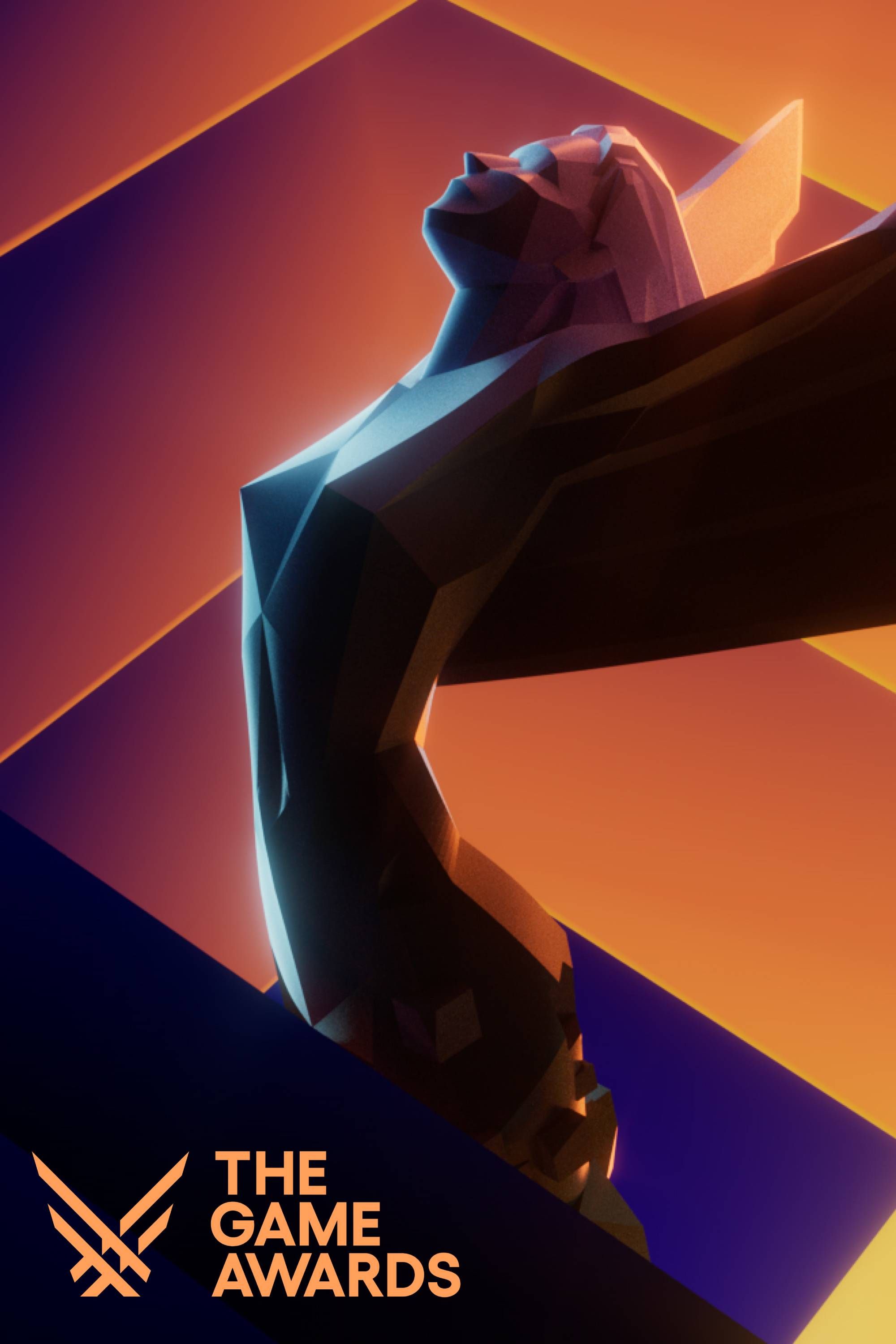
The Game Awards
Founded by Geoff Keighley, The Game Awards is a video games event centered on celebrating the best of the year’s titles, with emphasis on reveals and promos for upcoming launches.
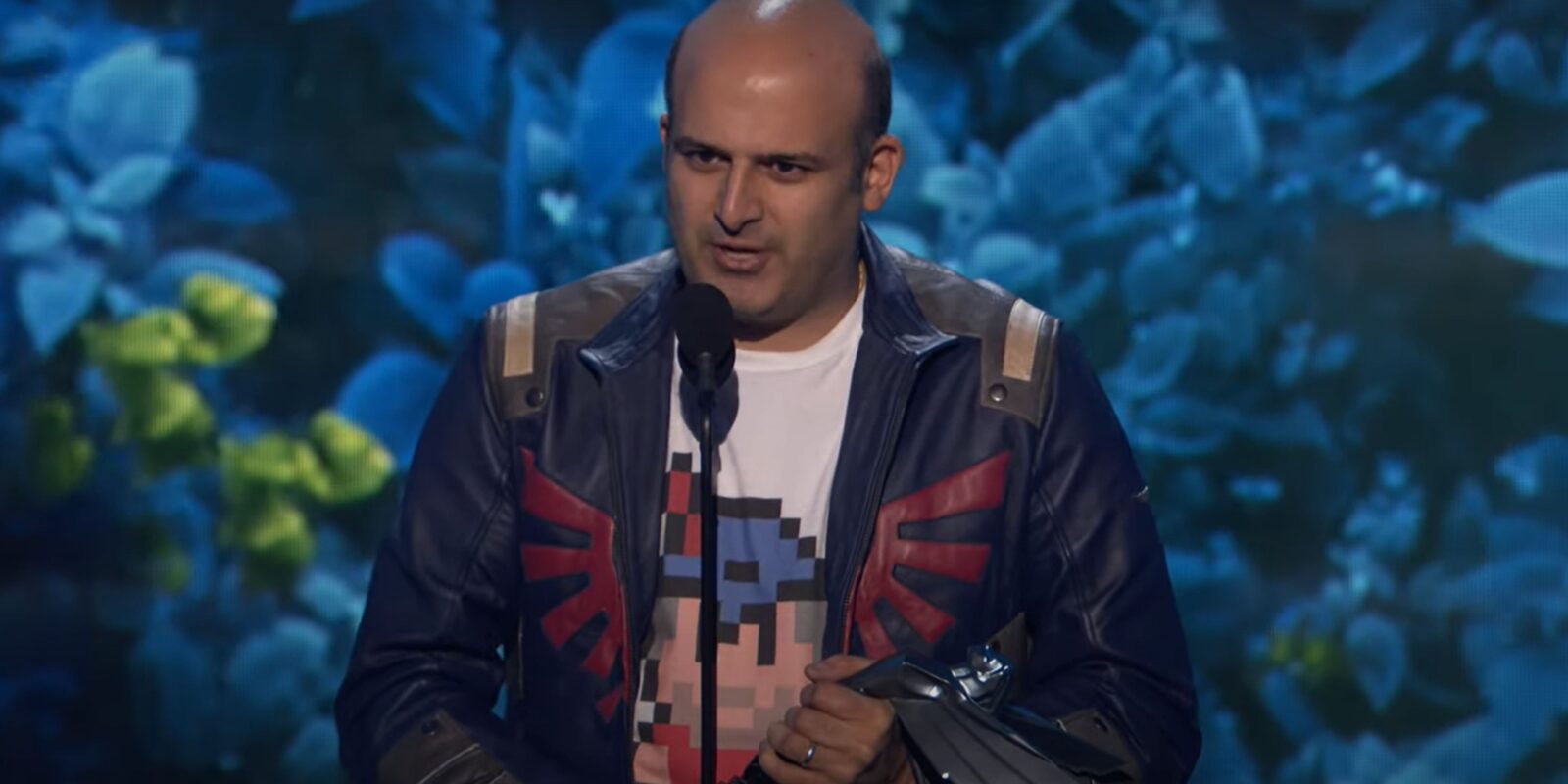

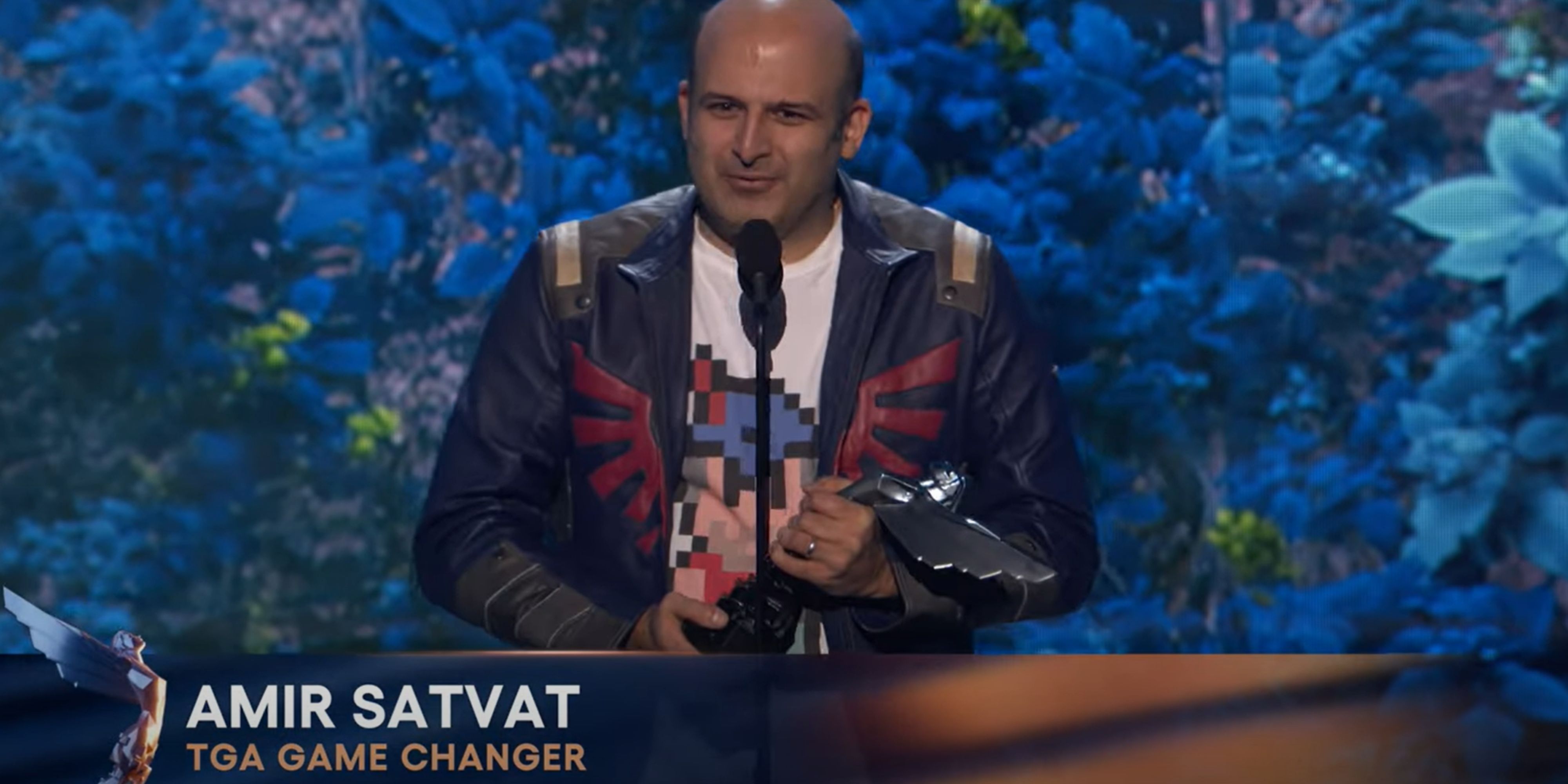
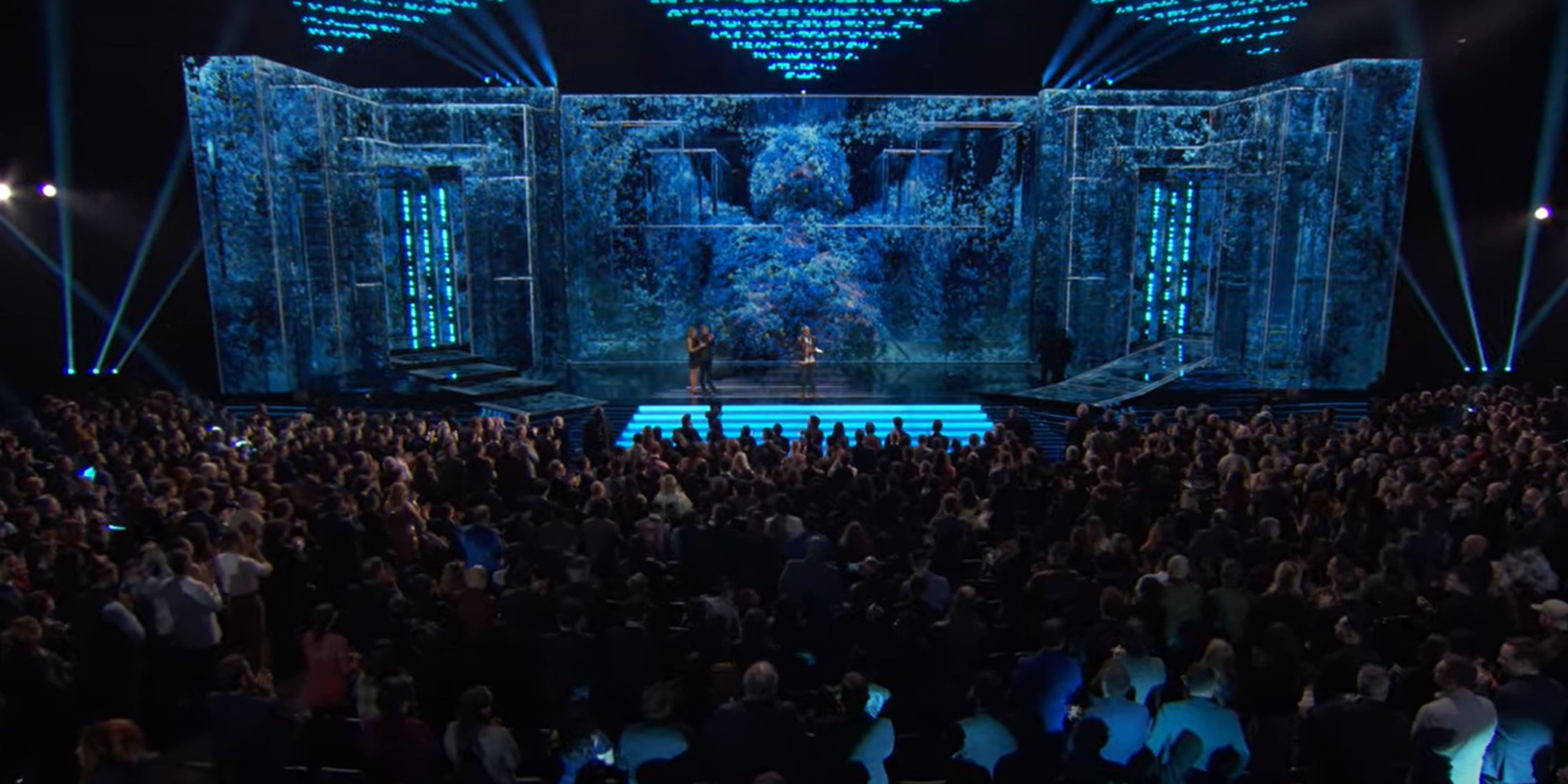
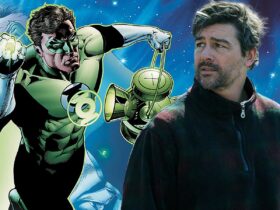

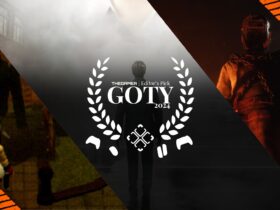







Leave a Reply